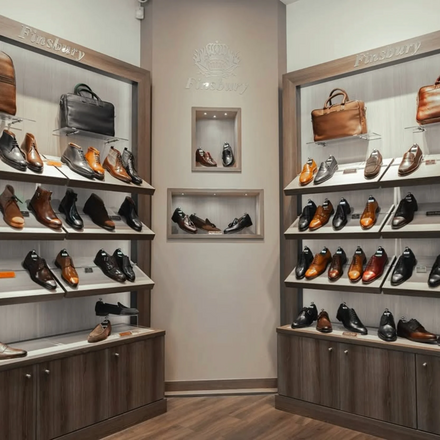Franchising after 9/11

The shock of 9/11 slowed growth and hit travel-related franchises hard, but the model ultimately gained trust and momentum across industries.
The September 11 attacks shook global markets and sent the U.S. economy into a period of deep uncertainty. Franchises tied to travel and hospitality—airline-adjacent restaurants, airport retail, and hotel chains—were hit the hardest. Reduced travel meant plunging occupancy rates for hotels and declining sales for food service outlets near airports and tourist hubs. Credit markets also tightened, leaving many potential franchisees without access to financing. For a short period, expansion plans across the industry stalled.
A shift toward trust and stability
As the initial shock passed, consumer and investor behavior began to change in ways that favored franchising. Consumers gravitated toward familiar, dependable brands, preferring consistency during unstable times. This shift benefited quick-service restaurants, convenience stores, and health-oriented food chains, all of which offered predictability and comfort.
On the investor side, franchising began to look like a safer path than starting an independent business. Franchise systems provided not just brand recognition but also operational support, training, and marketing power—advantages that reduced risk in an environment defined by uncertainty.
Which sectors benefited most
While hospitality and travel franchises endured prolonged challenges, other industries found new opportunities. Home services, education and tutoring, healthcare, and personal care franchises all gained traction. Families sought reliable after-school programs, health services became a priority, and local service providers were in higher demand as people spent more time at home.
Low-cost franchise models also surged, offering accessible entry points for individuals who had lost jobs during the downturn and were looking for new beginnings in business ownership. These sectors not only survived the post-9/11 climate but expanded steadily in the years that followed.
Long-term strength of the franchise model
In the broader picture, franchising emerged from the crisis stronger. The very qualities that define the model—consistency, scalability, and resilience—proved to be competitive advantages. Established brands reinforced consumer trust, while new franchise concepts capitalized on evolving market needs.
Far from weakening the sector, 9/11 demonstrated that franchising can adapt, recover, and thrive under pressure. What began as a period of fear and retrenchment became an opportunity for the franchise industry to reaffirm its role as one of the most resilient business models in the modern economy.
Featured franchises
No featured franchises
Breaking news
Show all
Next Engineers - a global STEAM Education
Innovative STEAM education franchise empowering children through hands-on engineering learning, combining structured curricula with scalable...

LA BARBE DE PAPA
Step into a premium grooming network built for growth, offering a structured franchise model with clear financials and strong operational support.

Pandora Greenbox franchise
Pandora Greenbox offers a scalable fast-casual concept combining healthy cuisine, smart design and strong unit economics across Europe.

Expanding premium footwear through franchising
A French footwear brand expanding through franchising, offering structured entry into premium shoe retail with established operational standards.



